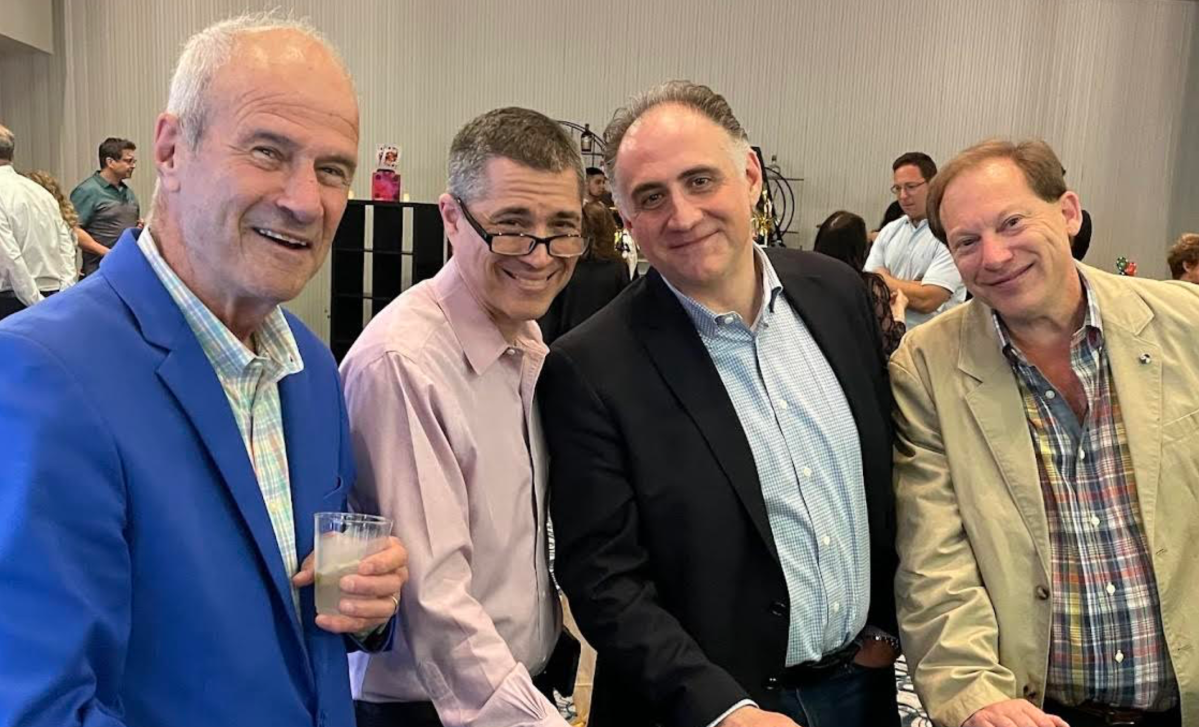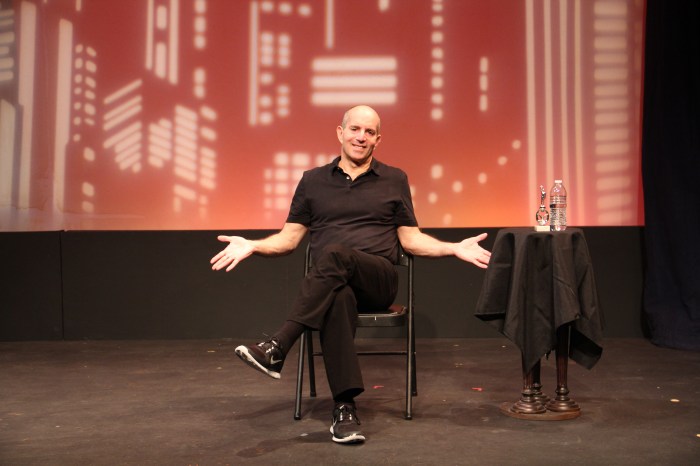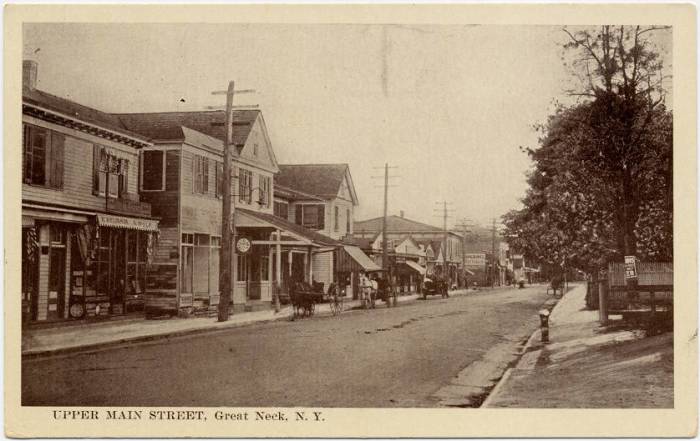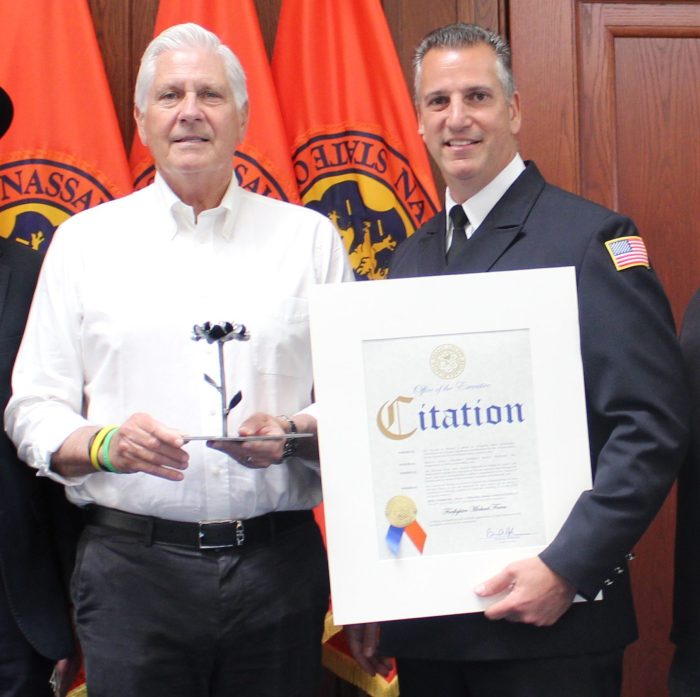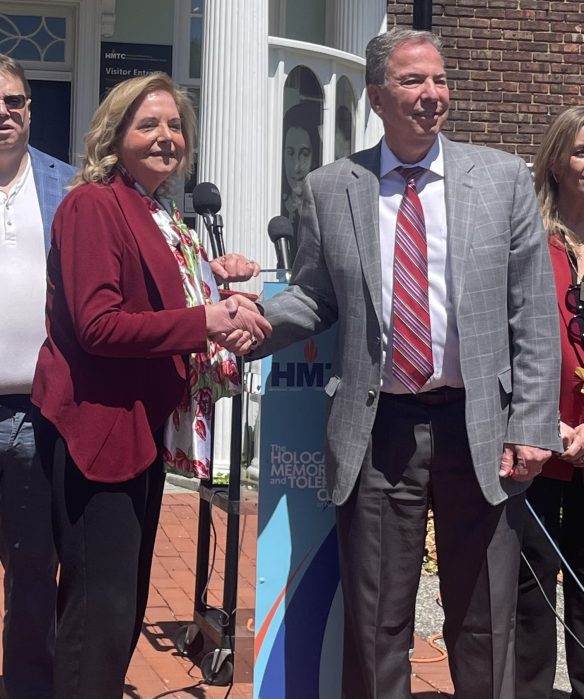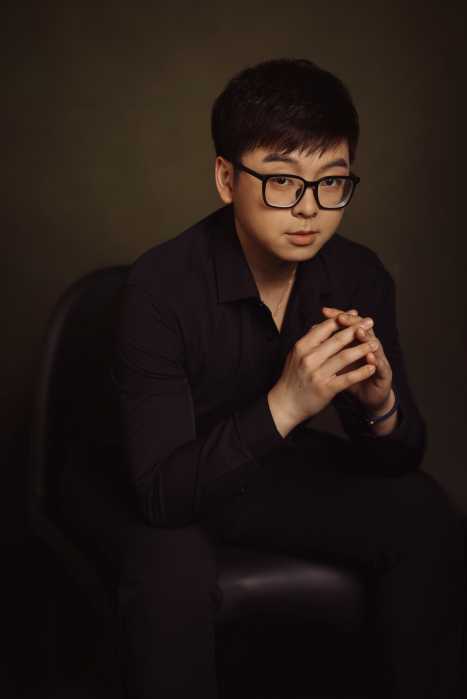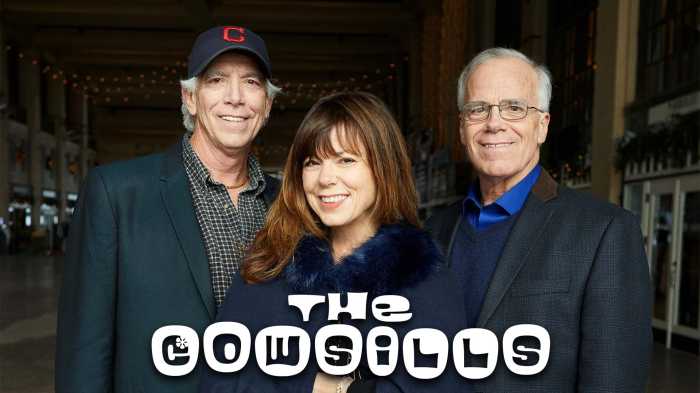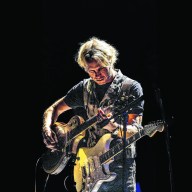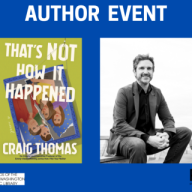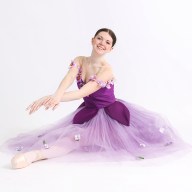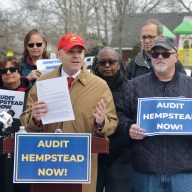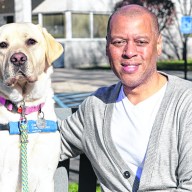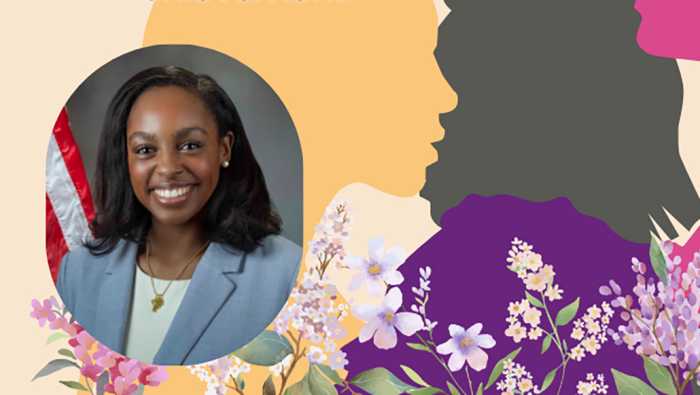Temple Beth-El in Great Neck plans to sell the building in which it is located, lease back some of the space and reallocate resources to prioritize Jewish education, cultural programming and community building, according to its leadership.
“This is an inflection point for the Long Island Jewish community. This is a massive kind of redirection of where resources are being put,” said Stuart Botwinick, the temple’s executive director. “This is the next big iteration in terms of where the Jewish community wants to be engaged, how they want to be engaged, what they believe is most important for them to feel connected and part of something bigger than themselves.”
Botwinick, who said the temple is in the process of entering a sale and leaseback agreement with Jewish school Yeshivat Kol Yaakov, confirmed that his congregation will still meet at the temple after it’s sold; it will just use a smaller portion of it.
“Instead of using our funds to maintain a 100,000-square-foot building, we’re going to plug those funds into community engagement, adult education, Israel education and cultural arts and do things that people want today,” Botwinick continued. “We’re saying that it’s less about a building and it’s more about what we’re doing explicitly for the people.”
Botwinick said Temple Beth-El, a reform congregation that has called Great Neck its home for almost a century, is one of the first Long Island Jewish institutions to make this sort of shift away from filling a building and towards growing its community.
“Synagogue communities were really based around a building. We are doing something innovative and exciting and different by saying the building is no longer the center,” Botwinick said. “Our community is the center, and we’re taking a radical and leading approach to focusing on the people in the program.”
Botwinick, Rabbi Brian Stoller and Temple Beth-El President Jordana Levine said Temple Beth-El is positioned for an “unprecedented” expansion of its Jewish educational and cultural programs in this next Jewish year, which starts next month.
While the temple has offered adult and childhood education courses for decades, the trio said Beth-El greatly expanded its offerings this past year with the launch of The Miriam & Moses Center for Pluralistic Adult Jewish Learning.
Those offerings will become even more expansive this upcoming year, with continuous conversational Hebrew courses, Saturday morning Torah studies, Scholar in Residence Shabbat programs and a fall and spring semester adult symposium series, which meets Tuesday nights.
“Our adult education program is incredibly robust, giving participants an opportunity to explore a wide range of topics at a variety of times throughout the week,” Stoller said. “It’s sophisticated. It’s challenging, it’s intellectually stimulating. Our classes are designed for people of all levels of learning…They are going to dive deeply into the texts of Jewish tradition. They’re going to struggle with ideas that challenge the way they see the world. They’re going to be changed by their learning.”
The fall Tuesday course is entitled “The History of Antisemitism,” and the spring’s course is called “The Thought and Works of Maimonides.”
Additionally, Rabbi Megan Brumer will teach a course called “How to Chant Torah.” The temple will also host local experts to teach a three-part series called “Aging in Place,” where students will be offered guidance and resources on how to prepare their families and homes for navigating the aging process with grace, safety and dignity.
Stoller said Temple Beth-El will also continue its partnership with the Gold Coast Arts Center for a second year, expanding its offerings through the Susan Stumer Cultural Arts Fund with monthly Jewish author talks, art exhibits and other cultural events.
“The partnership with the Gold Coast Art Center is so important to our vision for Temple Beth-El to be a center for Jewish cultural arts on the Great Neck peninsula, to present cultural arts, not only for our members, but for the whole community,” Stoller said. “By partnering with them, we’re drawing on the expertise and the network of the Gold Coast Arts Center to provide specific programs in the area of Jewish cultural arts for everyone in this area.”
The temple will also expand its programming in relation to Israel, offering a conversational lecture series called “Let’s Talk About Israel” where guest speakers will facilitate dialogue about current events, history and culture in modern Israel, something Levine said she felt passionately about.
“I think in the post-Oct. 7 world, American Jews’ relationship with Israel is more important than ever,” Levine said, referring to Hamas’ attack of Israeli villages. “We are doing this expansive Israel, educational and conversational program this year to give our members the opportunity to learn from each other, to learn from people who are experts in the area, but also to learn from each other.”
“Everybody has a lot of thoughts and a lot of feelings surrounding Israel today,” she continued. “It’s really important for a synagogue to give its congregants a forum to explore those thoughts and feelings…so that people can explore the complexities of their relationships and their feelings and cultivate a deeper understanding of Israel and a deeper relationship with the people of Israel and its history.”
Stoller said the temple is confident its congregation supports its new path forward because of the positive feedback and financial support it has received from members, whose donations have helped fund The Miriam & Moses Center and cultural programming.
Levine agreed, emphasizing the necessity of adapting and reallocating their resources to fit the present moment.
“We’re not stagnant. We’re recognizing the time that we’re in, and we’re saying, ‘let’s not sit and wait,’” Levine said. “Let’s be ambitious. Let’s pivot and move forward and create opportunities that bring our congregation and our community with us into the future, that don’t tie us to a space, but rather reflect the environment and the atmosphere they’re in today.”
All upcoming educational and cultural programs can be found on the temple’s online calendar.




